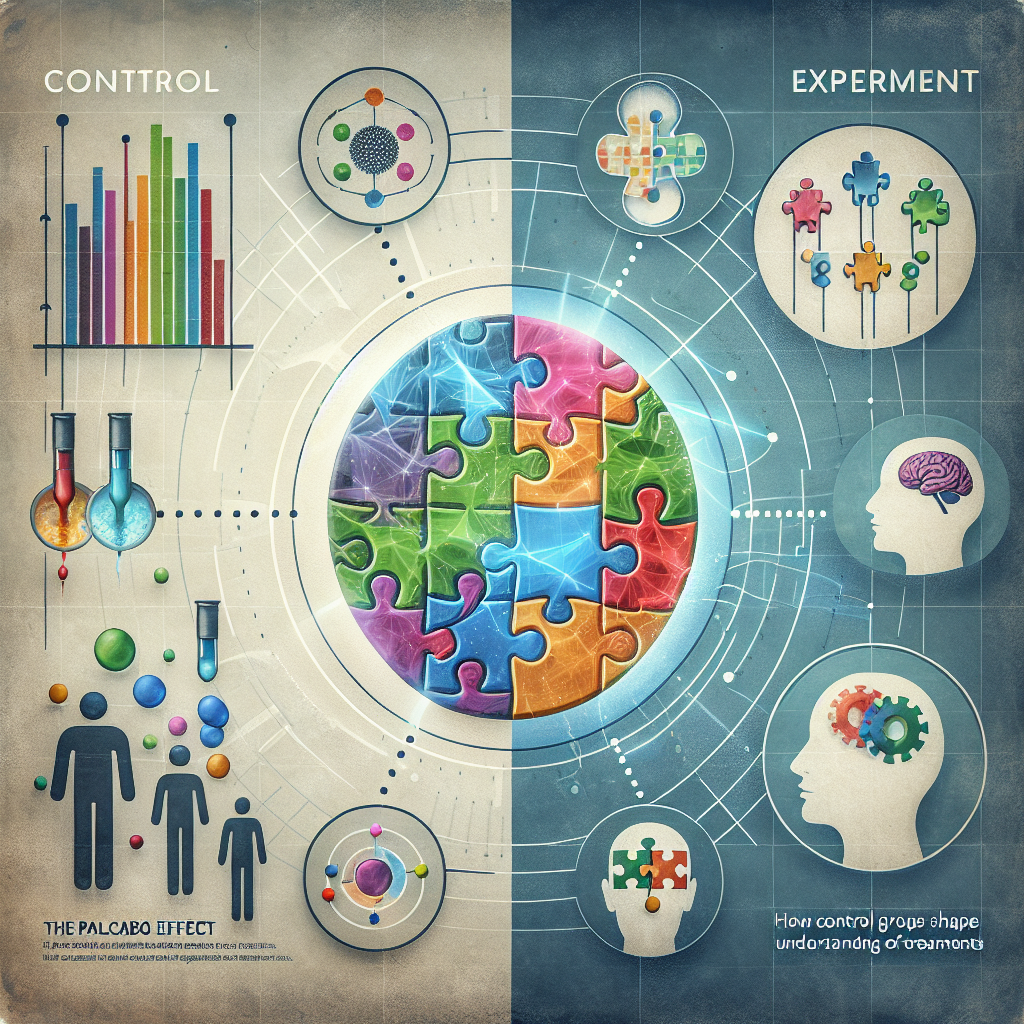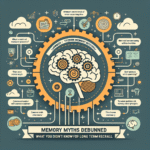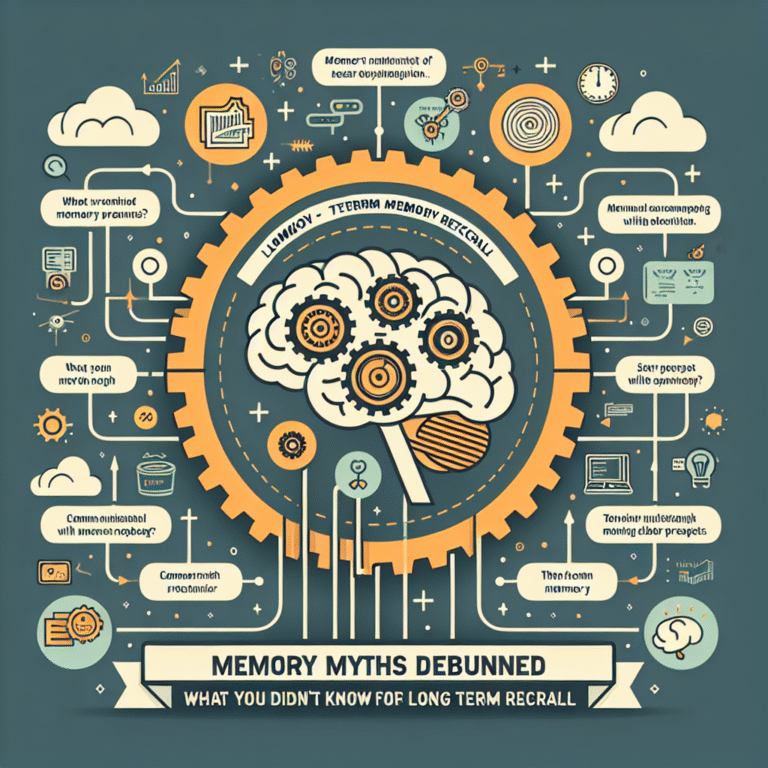
Introduction
In the complex world of medical research, few concepts elicit as much intrigue—and occasional skepticism—as the placebo effect. This phenomenon, where patients experience real improvements in their condition after receiving a treatment with no therapeutic value, poses profound questions about the human mind’s power over health. Central to unraveling this placebo puzzle is the pivotal role of control groups, which are instrumental in discerning the efficacy of new treatments. This article delves deep into The Placebo Puzzle: How Control Groups Shape Our Understanding of Treatments, guiding you through the scientific terrain with engaging insights, real-world applications, and a comprehensive understanding of how control groups impact treatment outcomes.
The Significance of Control Groups
Control groups serve as the backbone of clinical trials, creating a standard against which the efficacy of a treatment can be measured. By comparing those receiving the actual treatment to those receiving a placebo, researchers can isolate the effects of the treatment from the psychological benefits that might arise from simply believing one is receiving a cure.
What Are Control Groups?
Control groups are designed to provide a baseline. In many trials, one group receives the treatment under investigation, while another group, the control group, receives a placebo. This allows researchers to observe how much of the treatment’s effect is due to the treatment itself versus the expectancy created by the mere act of receiving treatment.
Table 1: Types of Control Groups
| Control Group Type | Description |
|---|---|
| Active Control | Receives an existing treatment |
| Placebo Control | Receives a placebo (inactive substance) |
| Historical Control | Uses data from previous studies |
| No Control | Lacks a control group entirely |
The History of Placebo in Medicine
The concept of a placebo has roots deep in the history of medicine, dating back to ancient times when sham treatments were administered. However, it wasn’t until the mid-20th century that the clinical significance of placebos began to gain serious attention.
A Milestone Case: The 1955 Trial of Penicillin
One of the first significant studies that illuminated the placebo effect involved penicillin. Researchers conducted a double-blind trial where some patients received the antibiotic while others received a placebo. The results were eye-opening: many patients who received the placebo reported improvement in their conditions, highlighting the power of psychological expectation.
Analysis: This trial was fundamental in demonstrating that not all treatment effects stem from the drug itself, a key insight captured in The Placebo Puzzle: How Control Groups Shape Our Understanding of Treatments.
The Mechanisms Behind the Placebo Effect
A great deal of research has been dedicated to uncovering how and why placebos work. The effects can be attributed to various mechanisms, including neurobiological changes and psychological aspects like conditioning and expectation.
The Role of Expectation
Expectations play a crucial role in mediating the placebo effect. Studies have shown that when patients believe they are receiving effective treatment, their brain releases neurotransmitters like endorphins, mimicking the effects of the actual drug.
Case Study: Pain Management through Expectation
A notable case study involved patients with chronic pain who were informed they were receiving an effective painkiller. Those who believed in its effectiveness reported significant pain reduction, even when given an inert substance.
Analysis: This demonstrates how expectancy can lead to real physiological changes, underlining the significance of control groups in distinguishing between psychological and pharmacological effects presented in The Placebo Puzzle: How Control Groups Shape Our Understanding of Treatments.
Ethical Considerations in Using Placebos
Using placebo controls isn’t without ethical dilemmas. Specifically, it raises questions about whether withholding treatment from a patient is justifiable, particularly in cases requiring immediate intervention.
The Ethical Debate
In many clinical settings, the use of placebos can be justified if the potential benefits outweigh the risks. However, modern ethics guidelines stipulate that informed consent must be obtained, and patients should be informed that they may receive a placebo.
Chart: Ethical Considerations in Placebo Control Trials
| Consideration | Pros | Cons |
|---|---|---|
| Informed Consent | Patients understand their participation | Might create mistrust in medicine |
| Scientific Rigor | Clearer insights into treatment efficacy | Ethical obligation to provide care |
| Psychological Impact | Participants may experience relief | Potential for distress if placebo fails |
The Placebo Effect in Different Fields of Medicine
The relevance of the placebo effect isn’t confined to any one area; it extends across disciplines. Here’s how control groups have shaped our understanding in various health practices.
Psychiatry and the Placebo Effect
Psychiatric treatments often see pronounced placebo effects due to the brain’s plasticity and the strong influence of belief on mental health.
Case Study: Antidepressants vs. Placebos
A series of trials examining antidepressants compared them against placebos. Interestingly, the placebo group displayed significant improvement, prompting discussions around the efficacy of these drugs and how much was attributed to the placebo response.
Analysis: The findings here emphasize how control groups are essential in understanding treatment dynamics and psychological phenomena integral to The Placebo Puzzle: How Control Groups Shape Our Understanding of Treatments.
Integrative Medicine: The Rise of Placebo Awareness
In integrative medicine, practitioners often emphasize the mind-body connection. The placebo effect is particularly relevant here, influencing a growing trend towards holistic approaches.
Case Study: Acupuncture Studies
Several studies on acupuncture have compared the actual treatment to placebo (sham acupuncture) groups. Results frequently show that while both groups experience benefits, those who received sham treatments still report considerable improvement.
Analysis: This suggests a reality where the perception of treatment—a key aspect of the placebo effect—can transcend the actual intervention itself, a critical point in The Placebo Puzzle: How Control Groups Shape Our Understanding of Treatments.
Advancements in Placebo Research
Recent advancements are pushing the boundaries of placebo research, delving into its applications in personalized medicine and its mechanisms at a neurological level.
Neurobiological Bases of Placebo Responses
Technology has allowed for brain imaging techniques to map the neurological underpinnings of the placebo effect. Studies have shown that brain regions associated with pain and pleasure can light up, indicating that the placebo response is not merely psychological.
Future Directions in Research
As research evolves, understanding the nuanced relationship between treatments and placebos will become even more critical. The potential lies in harnessing the placebo effect to enhance treatment efficacy and improve patient outcomes.
Conclusion
The intricate dance between treatment effects and placebo responses continues to shape the landscape of medical research. Through understanding The Placebo Puzzle: How Control Groups Shape Our Understanding of Treatments, we can appreciate just how integral control groups are in revealing the true nature of therapies. As we continue to explore this domain, the implications for patient care are profound. One clear takeaway is this: belief in a treatment can play a powerful role in healing, one that we must not overlook as we advance in medical science.
FAQs
1. What is the placebo effect?
The placebo effect refers to a beneficial health outcome resulting from a patient’s expectation that an intervention will work, even when the intervention itself has no therapeutic value.
2. How do control groups enhance clinical trials?
Control groups provide a comparison against which the effects of the treatment can be measured, helping to determine the actual efficacy of the treatment versus psychological factors like expectation.
3. Are there ethical concerns in using placebo groups?
Yes, ethical considerations arise regarding patient care; specifically, whether it is justifiable to withhold treatment from patients, especially in studies where effective treatments already exist.
4. Can the placebo effect be harnessed in treatment?
Yes, understanding and leveraging the placebo effect can enhance patient outcomes, and ongoing research is exploring how this can be ethical and effective in clinical practice.
5. What is the future of placebo research?
Future research is likely to focus on the neurobiological mechanisms behind the placebo effect and how to incorporate this knowledge into personalized medicine for better treatment outcomes.
This comprehensive exploration of The Placebo Puzzle: How Control Groups Shape Our Understanding of Treatments provides valuable insights, ensuring that readers walk away with newfound knowledge and an appreciation for the complexities that govern treatment efficacy and the mind’s power over healing.
















